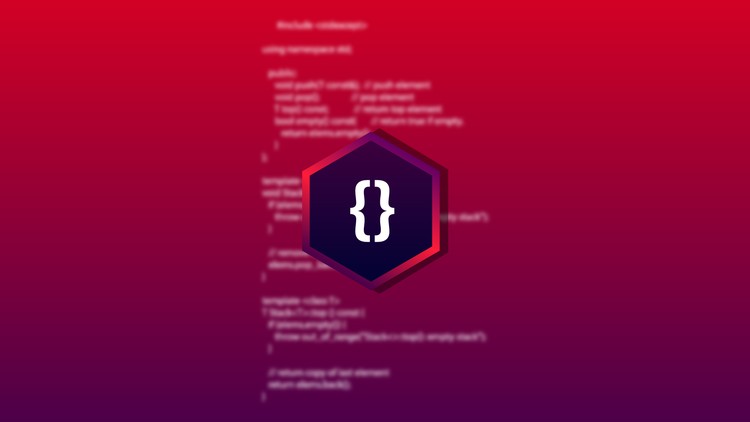Course overview
- Provider
- Udemy
- Course type
- Paid course
- Level
- Expert
- Duration
- 5 hours
- Lessons
- 43 lessons
- Certificate
- Available on completion
- Course author
- Dmitri Nesteruk
-
- Apply sophisticated C# solutions to problems
- Explore different programming styles and approaches
Description
This course presents a collection of interesting/unusual case studies where C# is used to solve a particular problem. This course is 100% practical, and demonstrates mainly the practical applications of C# in building solutions to common problems.
The main themes covered in this course are:
Numerics — the specifics of how to work with numeric types in .NET, with a focus on SIMD data types and operations.
Reflection — how to operate reflection mechanisms to investigate assemblies and types, how to create types and invoke their members. Also a look at the practical use of reflection for working with attributes.
Memory Management — a discussion of latest C# features for high performance computation, such as the passing of value types by reference, ref structs and Span<T>.
Extension Methods — a seemingly simple mechanism has plenty of advanced uses.
In addition, this course comes with a section dedicated to assorted topics that also showcase advanced uses of C#. These topics include:
Exploiting IDisposable — shows how you can abuse the IDisposable/using mechanism in order to dynamically define operations as pairs of start/end calls. Useful for things like simple performance measurement.
Continuation Passing Style — demonstrates how you can define complex algorithms in terms of sequentially invoked methods with customized return types indicating the result of the operation.
Local Inversion of Control shows that sometimes inversion of control happens at a local scale. Here we use extension methods to invert control on a bunch of different data types, providing useful functionality.
Beyond the Maybe Monad — even though C# introduced the ?. operator in order to chain null checks together, the classic monad implementation, based on extension methods, is still relevant, as it can also handle other scenarios.
Mnemonics — not so much a C# language feature but rather an interesting way of defining huge sets of similar code templates that can be expanded quickly to the code constructs you need the most.
Course Pre-Requisites
Good understanding of C#
Understanding of object-oriented programming (OOP)
Experience writing real-world C# applications
Course Organization
100% hands-on
Demonstrated either in Visual Studio or using the Kinetica rendering engine
Demos are single .CS files
Heavy use of IDE features
Ad-hoc use of 3rd-party packages
Enjoy!
Similar courses

-
31 hours
-
203 lessonsCertificate

-
6 hours
-
87 lessonsCertificate


